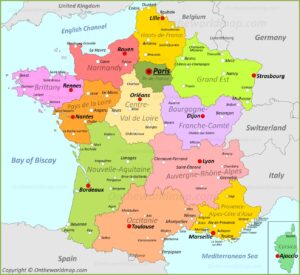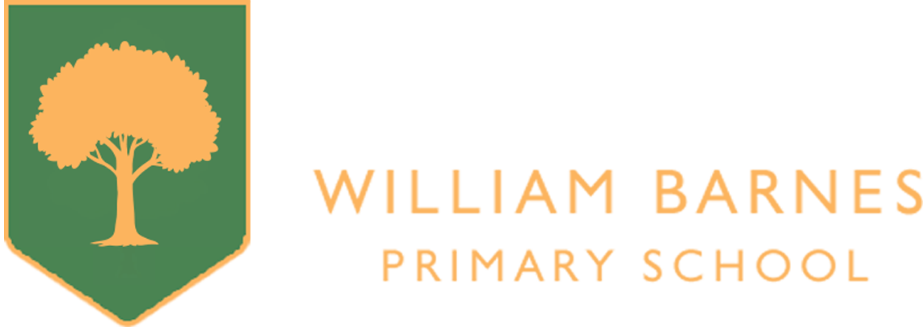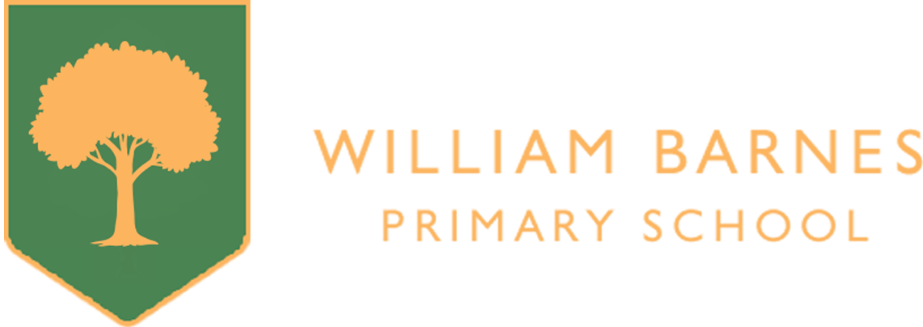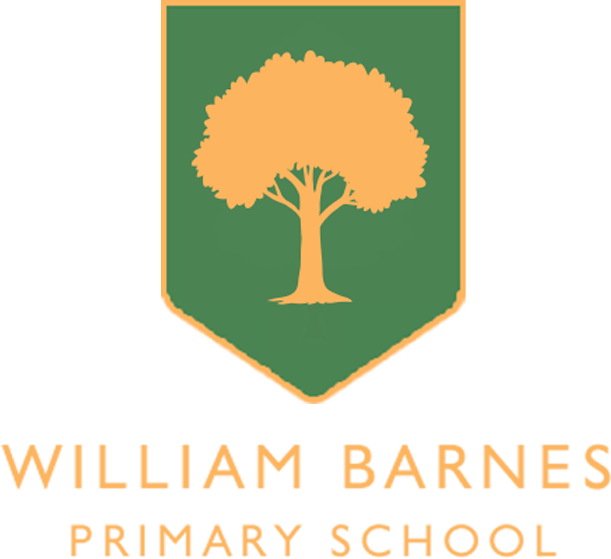


Bonjour et bienvenue
Here at William Barnes, we believe that the learning of a language provides a valuable educational, social and cultural experience for our pupils. It helps them to develop communication skills, including key skills in speaking, listening, reading and writing. The children’s knowledge of how language works will be developed and extended. Lessons will enable pupils to make substantial progress in one language. The linguistic skills gained will assist and lay foundations for further language learning. It will provide pupils with the confidence and independence to explore and be able to attempt manipulation of the structure of language. Learning another language gives children a new and broader perspective on the world, encouraging them to understand their own cultures and those of others.
Primary children are very receptive to learning a new language. They are willing and able to mimic pronunciation without the inhibitions and self-consciousness of older students. This can give children a great sense of accomplishment from learning to say something new in a foreign language. It provides frequent opportunities to develop pupils’ self-esteem and support their interpersonal skills.
International studies have shown repeatedly that foreign language learning increases critical thinking skills, creativity, and flexibility of mind in young children. Pupils who learn a foreign language do better on both verbal and math tests than those that don’t. Alongside deepening their understanding of grammatical concepts and rules in English.
A fundamental positive to language learning is it that provides children with the opportunity to learn more than to speak and write in a different language. Learning about festivals and traditions from countries where the language is spoken helps children appreciate other cultures so that they can take a place in our global society. This can support children in our school to broaden their horizons.
Additionally, this can support children in later careers. As the world becomes more global, businesses and public organisations will need more people who can communicate in other languages, and are aware of different cultures. Our chosen language at William Barnes is French; this is based on the subject knowledge, qualifications of staff and locality.
French is taught in a whole-class setting, by the class teacher. Teachers plan using suggested teaching ideas based on EasyMFL scheme of work for French. Children have the opportunity to learn about French culture and traditions. We aim to use daily incidental French so that throughout the day all children hear and use French around the school. KS1 children will be introduced to numbers to 10 and greetings across the school day to prepare them for KS2 lessons.
Each KS2 class has a timetabled lesson of at least thirty minutes per week. French can also be revisited in short sessions throughout the week to consolidate knowledge and ensure new language is retained. French lessons provide a variety of sources to model the language, use games and songs to maximise enjoyment and make as many connections to real-life situations as possible.
Please click here for the KS2 curriculum French Overview 2022
French at Home / Useful Websites
Here are some suggestions for ways you can help your child with French at home:
1. Take your child to a museum
France has produced some of the most talented artists, such as Monet and Renoir. Take a virtual tour of a museum in France. Follow the link- https://joyofmuseums.com/museums/europe/france-museums/
- Celebrate French holidays
Celebrating important French holidays, such as Bastille Day, will teach your child about French history. Celebrate by making some fun crafts or taking part in holiday traditions. Similar to the Bonfire Night, the French display fireworks.
- Cook a French meal
Familiarise your child with French cuisine by making a traditional French meal, such as quiche, crepes and crème brûlée.
- Watch a French movie
Fire up Netflix and host a French movie night with your family. Here are some child-friendly French movies you and your child can enjoy: “A Monster in Paris,” “The Red Ballon,” and “Tintin and the Lake of Sharks.”
- Listen to French music
Do you have a Spotify account? Download some French songs to listen to while at home or on the road. Listening to French music will help familiarise your child with French accents and pronunciations.
- Puzzles
You can download and print dozens of free French crosswords and word searches for your child. He or she will have fun playing, while simultaneously learning French vocabulary and simple sentences. Keep a stack in the car for long road trips.
- Memory game
Create some French flashcards and place them face down on a table. Your child will flip over two cards. If the pictures match, your child will flip over two more cards. The point of the game is to match all of the cards from memory.
8. Colouring
French colouring sheets will spark your child’s creativity, while helping them learn various vocabulary words and themes. These can be found on line.
9. Read French books
There are lots of beginner French books. Le Petit Prince is one of the most well-known French children’s books. You can find the book in almost any book shop or online.
- Hangman
This French activity is played exactly like the original Hangman version, except you are using French vocabulary words and phrases instead of English.
Here are some website which you might find useful to support learning in French. There are website for information, as well as website with games and activities you could play with your child. (These are all external websites, which the school has no control over).




